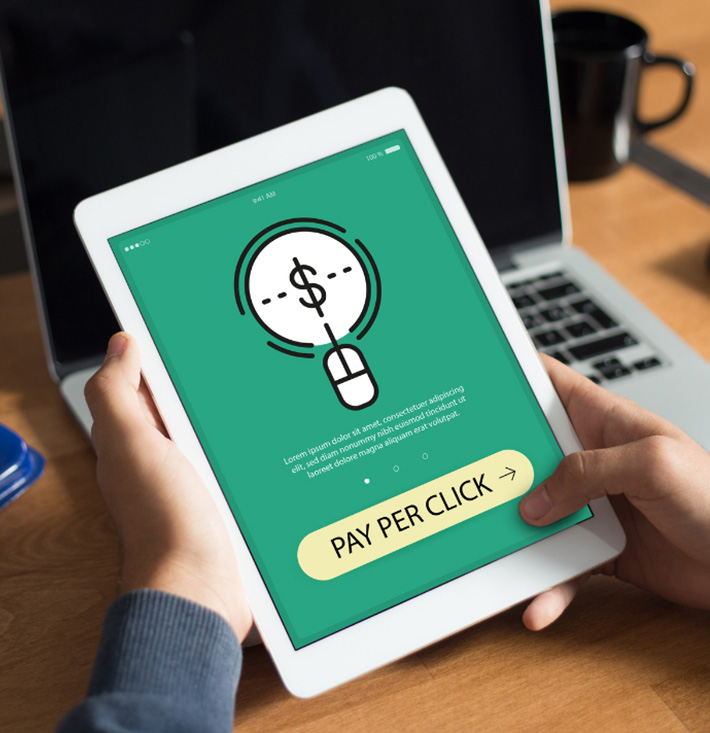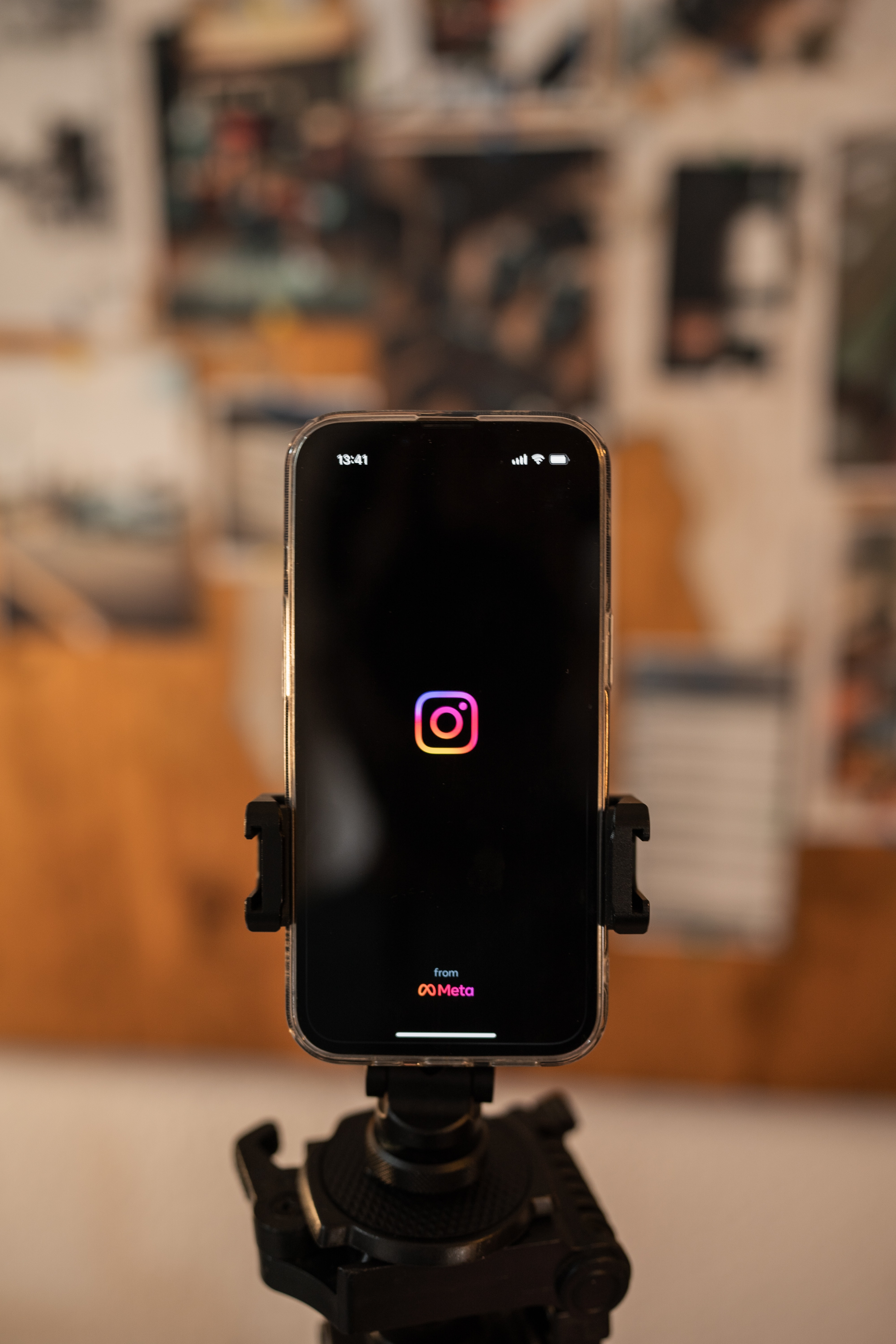
UGC: The What, How, and Why
If you’ve seen the acronym UGC but weren’t sure what it meant—fear not! We’re here to breakdown what it is, how to implement it, and
Recently small businesses were asked what marketing method they found to be reliable and consistent in regards to obtaining new customers or clients. They overwhelmingly stated that PPC and SEO were their bread and butter. They also mentioned spending over half of their budget primarily on Pay-Per-Click (PPC) advertising. Why is it so popular? It works.
Pay-per-click (PPC) is just what it sounds like. It is an online advertising model in which an advertiser pays a publisher every time an advertisement link is “clicked” on. Alternatively, PPC is known as the cost-per-click (CPC) model. The pay-per-click model is offered primarily by search engines (e.g., Google) and social networks (e.g., Facebook). Google Ads, Facebook Ads, and Twitter Ads are the most popular platforms for PPC advertising.
Similar to SEO, a pay-per-click model is primarily based on keywords. For example, in search engines, online ads (also known as sponsored links) only appear when someone searches for a keyword related to the product or service being advertised. Therefore, companies that rely on pay-per-click advertising models research and analyze the keywords most applicable to their products or services. Investing in relevant keywords can result in a higher number of clicks and, eventually, higher profits.
The PPC model is considered to be beneficial for both advertisers and publishers. For advertisers, the model is advantageous because it provides an opportunity to advertise products or services to a specific audience who is actively searching for related content. Additionally, a well-designed PPC advertising campaign allows an advertiser to save a substantial amount of money as the value of each visit (click) from a potential customer exceeds the cost of the click paid to a publisher.
For publishers, the PPC model provides a primary revenue stream. Think about Google and Facebook, which provide free services to their customers (free web searches and social networking). Online companies are able to monetize their free products using online advertising, particularly the PPC model.
If you’re a small business looking for reliable, cost-effective PPC management, Slicketts Digital can help you find the best PPC and digital marketing strategy to best fit your target goals. Contact us today for a free consultation and quote.

Commonly, pay-per-click advertising rates are determined using the flat-rate model or the bid-based model. Let’s dive into what that means:
In the flat rate pay-per-click model, an advertiser pays a publisher a fixed fee for each click. Publishers generally keep a list of different PPC rates that apply to different areas of their website. Note that publishers are generally open to negotiations regarding the price. For example, it’s very likely for them to lower the fixed price if an advertiser offers a long-term or a high-value contract.
In a bid-based model, each advertiser makes a bid with a maximum amount of money they are willing to pay for an advertising spot. Then, a publisher undertakes an auction using automated tools. An auction is run whenever a visitor triggers the ad spot. The winner of an auction is generally determined by the rank, not the total amount, of money offered. The rank considers both the amount of money offered and the quality of the content offered by an advertiser. Thus, the relevance of the content is as important as the bid.
Google kind of has an obsession with modifying organic search engine results. They can do these several times a year. Because of this, simply relying on SEO techniques can hurt businesses in rankings. Therefore businesses must allocate more time and money into solid Pay-Per-Click advertising. SEO and advertising can and should work together to appease Google’s “Quality Score” model, which will reward a business if they demonstrate a technique of creating ads that are relevant to shoppers. The Quality Score still allows plenty of room for companies to get more clicks through SEO versus Pay-Per-Click.
Pay-Per-Click has the marketing power to bring a plethora of traffic to your website. It can also differentiate between a working marketing strategy and a failed marketing strategy. If your campaign is being mismanaged, Pay-Per-Click strategies can create results that can help alter the strategy in order to improve success. Hiring a marketing agency to provide expert advice or assistance, can transform a business’ SEO into lucrative and viable Pay-Per-Click strategies.
Still need convincing? Here are some stats by Techjury around Pay-Per-Click advertising:
If your business is only ranking via organic techniques, it might be time to start implementing Pay-Per-Click ads, which can give your business 90% more new traffic. This can also lead to a higher conversion rate. Win, win!

If you’ve seen the acronym UGC but weren’t sure what it meant—fear not! We’re here to breakdown what it is, how to implement it, and

In today’s digital age, businesses are constantly seeking innovative ways to connect with their target audience and build a strong online presence. One such medium

In today’s digital landscape, Instagram Stories have become an indispensable component of any brand’s social strategy. With their ability to provide real-time, day-to-day updates, they